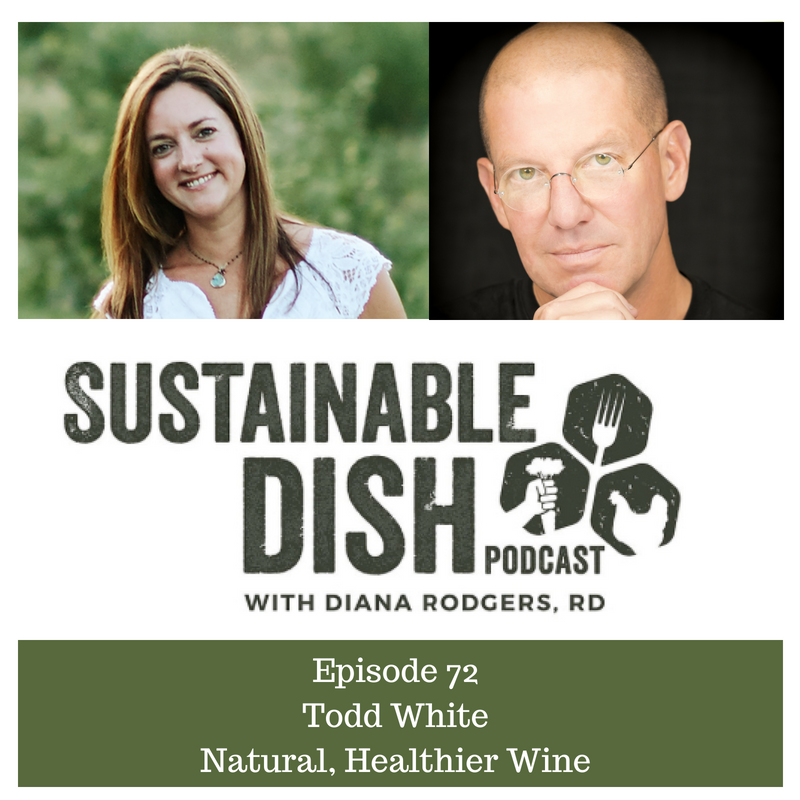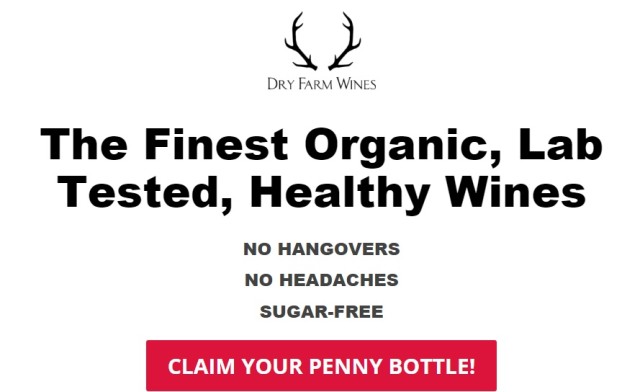It’s August, yet I’m bracing myself for the rush of nutrition clients in September. Fall has become the January with everyone looking to detox from summer overindulgence. I get it – we’re more social in the summer with impromptu bbq’s, the “it’s too hot lets’ eat out” and of course, the extra ice cream. But one of the biggest things I see people doing more of in the summer is: DRINKING. I’ll see pick up again in November and December.
Drinking leads to less inhibition when it comes to many thing… ahem, I’m talking about food people. You’re much more likely to eat more if you’ve been drinking. You’re also more likely to have a bad night’s sleep, wake up with a headache, and this all means the next day you’re likely to make bad food choices. You’re and tired, less insulin sensitive, and carb/sugar cravings can increase.
When I see new nutrition clients, I will often put them on a Whole30, and many times, it’s the abstinence from drinking that I think makes one of the biggest differences in how they feel. For women in particular, realizing that wine used to make them feel horrible is a real eye-opening experience. They sleep better, have less sinus congestion, lose weight, and generally just feel so much better.
In the past, I would recommend a tequila, gin or vodka with soda water as an alternative beverage to wine once they’re through the 30-day reset, but many of my really miss the taste of wine. The good news is I recently discovered that there are some wines that will work much better for people than what we typically find in stores.
One of the biggest reasons wines make you feel horrible is all of the additives – that don’t even legally have to be listed on the bottle! Here’s a short list of some of the things in commonly available wine that you may not realize:
- Oak chips and sawdust. Those “oak notes” discussed during wine tastings may not actually be the result of oak-aged wine. Commercially, oak chips or sawdust might be used instead to give that oak flavor without the added time of real oak barrel aging.
- Fining agents. To remove unwanted substances in wine before bottling, a variety of agents can be used. Many animal-based ones, including egg white, fish bladder, and casein, might surprise many wine-consuming vegans. Bentonite clay is the most common non-animal-based fining agent.
- Mega purple. Natural red wine isn’t really supposed to darkly stain your teeth, gums, and clothing. Mega purple, a super concentrated grape juice additive, is to blame. Ten thousand gallons of this sugary concoction are added to 25 million bottles of wine per year. Mega purple, along with another dye, ultra red, are used to produce wine of consistent color.
- Sulfur dioxide. Although low levels of sulfites occur naturally in wine as a byproduct of yeast metabolism, commercial winemakers often add sulfite in the form of sulfur dioxide as a preservative and stabilizer. Because a small portion of the population is allergic to sulfites, a wine label must disclose if the sulfite content is more than 10 parts per million (ppm). White wines typically have more sulfites than red wines. Conventional wines can contain up to 350 ppm in the United States, while organic winemakers limit sulfites to 100 ppm.
- Pesticides. Being delectable little balls of sugar water that pests can’t resist, grapes use a lot of pesticides. In France for example, wine grapes account for 3.7% of the nation’s agricultural acreage but 20% of the pesticides used. A recent study found that the majority of French wines tested had detectable (under 10 ppm) and/or measurable (over 10 ppm) levels of pesticides. Organic wines and wines from certain regions (Cotes du Rhone, Languedoc) had lower levels than other regions.
Wine in moderation can also be part of a healthy diet. Red wine in particular contains more polyphenols than white wine (200 mg per glass vs. 30 mg per glass), as red winemaking also includes the skin of grapes. Although many health benefits have been shown for both types of wine, red wine has consistently been proven more beneficial than other types of alcohol.
There are important antioxidant and anti-inflammatory effects of wine consumption, not just of individual polyphenols, are probably at the root of red wine’s health benefits. Red wine consumption significantly increased total plasma antioxidant status in both younger and older people in a two-week crossover study. Two glasses of red wine every day for a week improved participants’ antioxidant enzyme expression and activity in blood. In healthy women, red wine decreased the levels of several inflammatory markers and cellular adhesion molecules in another crossover study.
[Tweet “Finally, a low carb wine that tastes great and supports sustainable agriculture. PERFECT!”]
I recently spoke to Todd White of Dry Farm Wines on my podcast and learned about the lab-testing they do to ensure their wines are low sugar, free of chemicals like glyphosate, free of added sulfites, and lower in alcohol than typical wines. This means you’re able to enjoy them without the side effects most people complain about. I’ve tried them for myself and am completely sold. I’ve been a dedicated customer of Dry Farm Wines for the last few months and have loved every bottle. It’s also great to have a few extra on hand for when I go to a friend’s house – and they always thank me the next day for feeling great after drinking it!
If you aren’t a wine drinker, I see no real reason to start. Instead, eat a variety of rich-colored fruits and vegetables to get a wide mixture of polyphenols. Try to include other fermented foods, like sauerkraut and kefir, into your diet. Cooking with red wine is also an option. The alcohol will evaporate, but beneficial polyphenols will remain to an extent.
If you are a wine drinker, try taking it out of your diet for 30 days. Then, add back in natural, organic wine, at moderate levels to see how you feel. If your sleep and mood are unaffected, then moderate wine consumption is probably doing you more good than harm, in terms of health benefits and enjoyment.
In addition to the health benefits of this wine over others, there are environmental benefits as well. The name “Dry Farm” comes from the fact that none of the wines they sell have been irrigated. When the vines are artificially given extra water, their roots stay very close to the surface. In contrast, roots that need to stretch deeper into the soil looking for a water source are able to tap into more minerals. And because they’re not sprayed with chemicals, the natural biome of the soil stays intact. Buying these wines also preserves the small-scale winery families that have been producing wines for generations, instead of large profit-centered wine corporations just looking for the fastest and cheapest way to make wine. This is something I can really get behind!
Listen to my podcast with Todd White here, and if you’d like to give this wine a try, visit this page to get an extra bottle for a penny. I never promote companies that I can’t fully stand behind, and I truly admire the environmental benefits of naturally produced wine as well as the health benefits. I believe Dry Farm Wines fits perfectly with what Sustainable Dish is all about!











1 thought on “Wine Without the Side Effects”
Pingback: [BLOCKED BY STBV] Eight Great 2018 Holiday Gift Ideas - Sustainable Dish